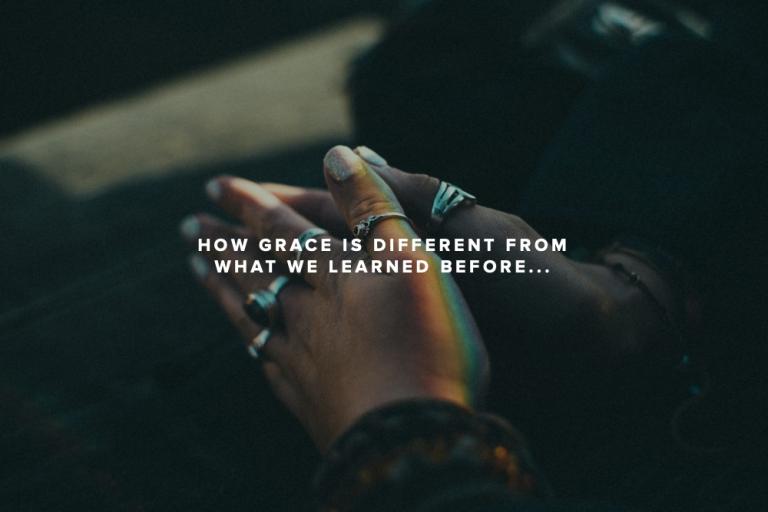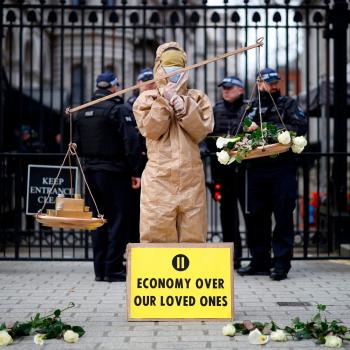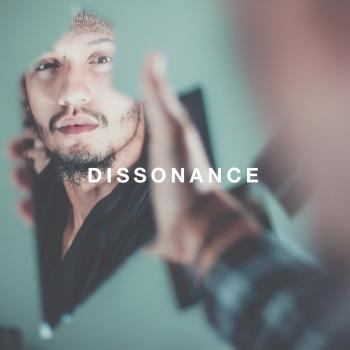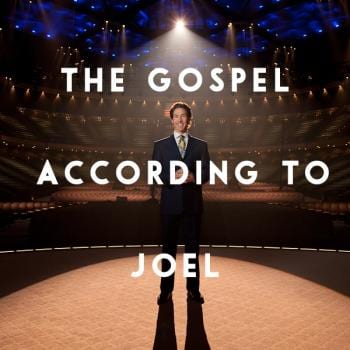
The presence of grace does not imply the absence of cost; while, the presence of cost does not mean you need to tolerate abuse.
Growing up I always felt like this verse was harsh:
26 If we deliberately keep on sinning after we have received the knowledge of the truth, no sacrifice for sins is left, 27 but only a fearful expectation of judgment and of raging fire that will consume the enemies of God. 28 Anyone who rejected the law of Moses died without mercy on the testimony of two or three witnesses.29 How much more severely do you think someone deserves to be punished who has trampled the Son of God underfoot, who has treated as an unholy thing the blood of the covenant that sanctified them, and who has insulted the Spirit of grace? 30 For we know him who said, “It is mine to avenge; I will repay,”[d] and again, “The Lord will judge his people.”[e] 31 It is a dreadful thing to fall into the hands of the living God. (Hebrews 10:26-31)
Although with the spread of information and everyone having a voice, I feel like we all now know and possess a better understanding of not just why but, also the types of people evil, the author of Hebrews was writing this to [3]…
It’s horrifying to read the stories of people having faced abuse and then “being ordered to repent for causing a pastoral leader to abusing, raping, or molesting them…” It’s like a nightmare you can’t wake up from that just keeps getting worse.
Look, it’s plain and simple: If the grace you’re being fed isn’t costly then, it’s not grace. Period.
Because a costly grace is a form of grace that liberates the oppressed, lifts up the downtrodden, and offers safety to the abused.
As painful as it can be to see behind this newly re-torn veil of our modern-day temples (e.g. “non-denoms,” mega-churches, etc) I’m grateful for it all because change is happening!
But of course, so many of us growing up in the 90’s were a bit misdirected by the many business-men who just so happened to sneak their way into our pulpits. They nuanced grace made Jesus into a commodity, and confused Christianity with moralism. So, naturally, as part of our reform, “coming to you through the power of the Internet,” we need to re-hash grace, mercy, and compassion…
Let’s just keep it basic, without losing it’s meaning, as Bonhoeffer does so well, at least on this particular topic:
“Cheap grace is the preaching of forgiveness without requiring repentance, baptism without church discipline, Communion without confession, absolution without personal confession. Cheap grace is grace without discipleship, grace without the cross, grace without Jesus Christ, living and incarnate.”
This form of grace is, again, costly…
—
It infuses justice, despite the repercussions. I fear that we’ve so far misconstrued what grace and forgiveness is, that “undeserved favor” is automatically assumed to mean we should let abusive men and women completely off the hook.
As you’ve probably heard before:
“Forgiveness means I carry no more resentment. It doesn’t mean I tolerate more abuse[2].”
And then there are many of our churches “covenantal processes of reconciliation” in which are set up to protect their institutions; as opposed to protecting abused victims.
Their goal isn’t reconciliation so much as it is to maintain their status quo, minus the inconvenience of interruption. “They use cognitive empathy to assess their target’s vulnerabilities but they lack the affective empathy to truly care about the welfare of others[1].” I mean, what if
Sadly, it needs to be said that, this infusion of justice (e.g. acknowledgment of wrongdoing, the firing of a head pastor, lower Sunday attendance, etc.), this is not the reason for any type of felt chaos. Colleague Raymond Chang says it quite well:
“Justice is about restoring order, not furthering chaos… People who want revenge, further chaos. People who want justice, restore order. You can prevent justice if you confuse revenge for justice.”
To be clear: Justice does the opposite of “encouraging” silence while grace sees through the theatricals of faux apologies, and/or forced reconciliation.
To the opposite effect of what cheapened grace is, Bonhoeffer, goes on to describe it’s counterpart costly grace by saying: “Costly grace is the treasure hidden in the field; for the sake of it a man will go and sell all that he has. It is the pearl of great price to buy which the merchant will sell all his goods. It is the kingly rule of Christ, for whose sake a man will pluck out the eye which causes him to stumble; it is the call of Jesus Christ at which the disciple leaves his nets and follows him.”
Which, leads to my next point…












